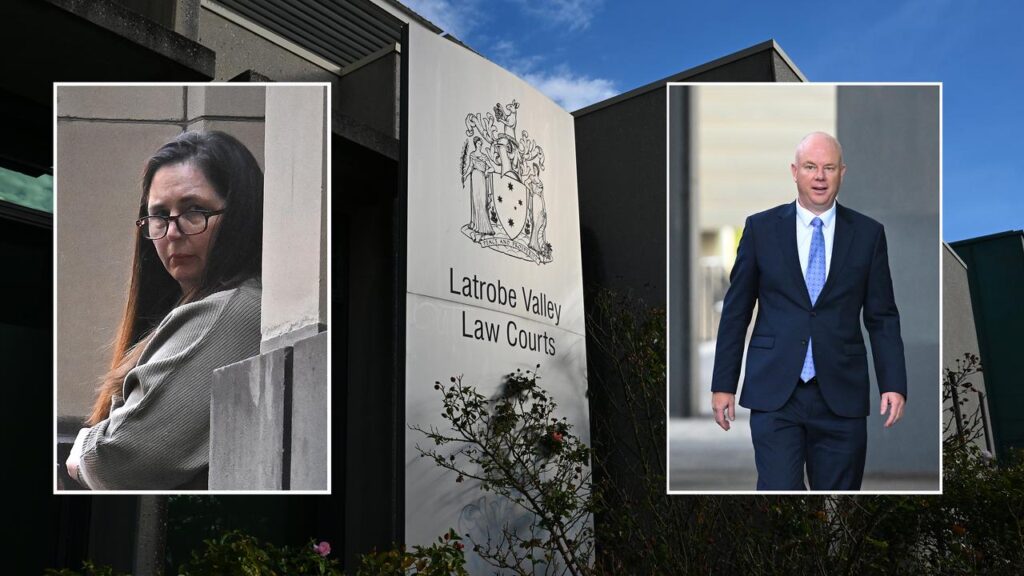‘Not a court of morals’: judge to mushroom cook jury
Emily Woods |

The jury in Erin Patterson’s triple-murder trial has been told it’s not in “a court of morals” while being instructed to resist bias, prejudice and sympathy in deciding their verdict.
Justice Christopher Beale began his final directions to jurors on Tuesday before sending them out to deliberate on whether Patterson is guilty or not guilty of four charges.
The 50-year-old has been on trial since the end of April, charged with three murders and an attempted murder over a toxic beef Wellington lunch she served to her estranged husband’s family.

Patterson has pleaded not guilty to all charges and said she did not intentionally poison former in-laws Don and Gail Patterson and Heather and Ian Wilkinson, claiming it was a terrible accident.
Don and Gail, 70, and Heather, 66, died in hospital days after the July 29, 2023 lunch, while Ian became very unwell but survived.
The Supreme Court trial, in Morwell about two hours southeast of Melbourne, has entered week nine with Justice Beale summarising the evidence in the case on Tuesday.
“There’s been a great deal of evidence in this case and a lot of arguments made by prosecution and defence,” he told the jury.
“My summary won’t cover all the evidence and all the arguments … the mere fact I don’t mention certain evidence does not mean that evidence is unimportant.”
He is expected to spend a couple of days delivering his charge to the jury, which will include instructions on relevant legal principles to take into deliberations.

Justice Beale said the jury must decide on a verdict based “solely on the evidence” and urged members to resist feelings of bias or sympathy for the family of the victims.
He also urged jurors not to be prejudiced against Patterson after she had admitted telling lies and concealing evidence.
“This is a court of law, not a court of morals,” he said.
“I’m not asking you to be inhuman, none of us are robots, you must scrupulously guard against that sympathy.”
Justice Beale also asked the jury not to pay attention to “unprecedented media attention” the trial had received, in coming to their decision.
“No one in the media, in the public, in your workplace or in your homes have sat in that jury box throughout the trial,” he said.
“You and you alone are the ones who must decide whether the prosecution has proven their case beyond a reasonable doubt.

The judge turned to the jury’s assessment of witnesses, more than 50 of whom were called during the trial.
He told them to use “common sense” in deciding whether each witness’s evidence was honest, credible, reliable and accurate.
He said Patterson, who spent eight days in the witness box, was not obliged to give evidence in the trial and did not have to prove her own innocence.
“She is no different to any other witness,” Justice Beale said.
“You must assess her evidence the same as you assess the evidence of any other witness.”
He listed several conclusions for them to take into account about Patterson’s evidence.

If they found her evidence was true, or likely to be true, they must find her not guilty of all charges, he said.
It was not enough to “prefer” the prosecution’s case to Patterson’s evidence, or to choose which they prefer.
Rather, it was up to the prosecution to establish she was guilty, the judge said.
If jurors did not believe Patterson’s evidence, they must put it aside and establish if the prosecution had proven she was guilty beyond a reasonable doubt based on their evidence.
The 14 jurors will be balloted down to 12 and sequestered when they begin deliberations. They must return with a unanimous verdict on all charges.
The trial continues.
AAP